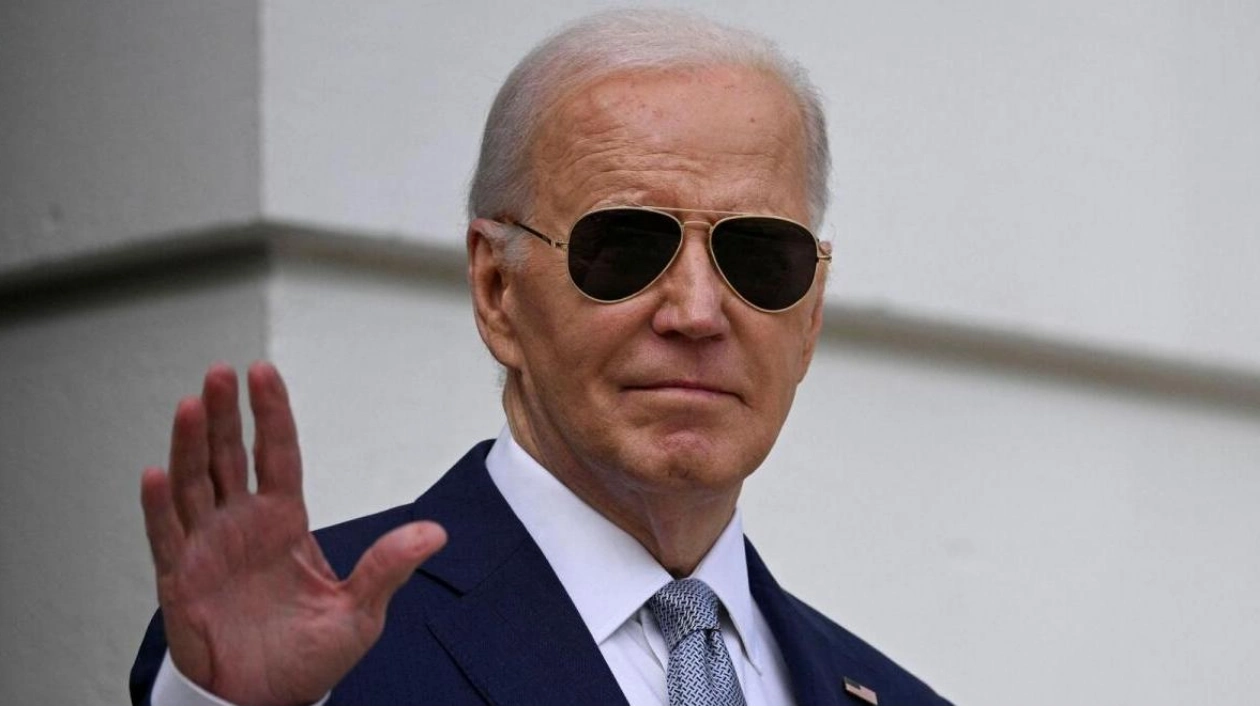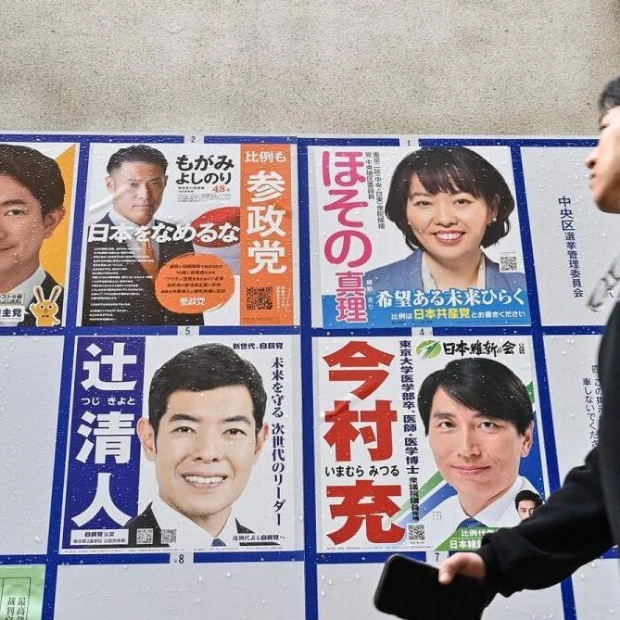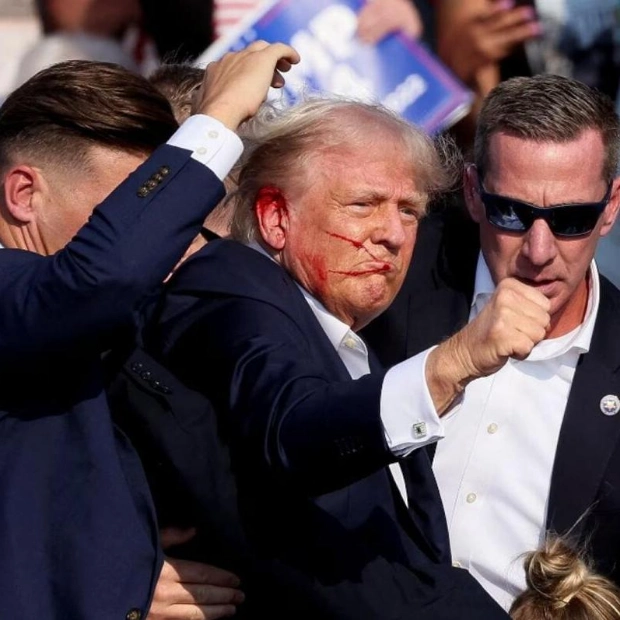On Monday, President Joe Biden suggested comprehensive alterations to the US Supreme Court, encompassing term limits and a mandatory code of conduct for its nine justices. However, given the stark congressional divisions, these proposals face slim prospects of implementation. Biden advocated for these changes, along with a constitutional amendment to eradicate the extensive presidential immunity affirmed in a July 1 Supreme Court decision concerning former President Donald Trump, in an opinion piece for the Washington Post. Later in the day, Biden was scheduled to speak at the presidential library of former President Lyndon B. Johnson in Austin, Texas.
"This nation was established on a fundamental principle: No one is above the law. Not the president of the United States. Not a justice on the Supreme Court of the United States. No one," Biden articulated in the opinion piece. He urged Congress to enact enforceable rules mandating justices to disclose gifts, abstain from public political activities, and recuse themselves from cases involving financial or other conflicts of interest with them or their spouses. Additionally, he proposed an 18-year term limit for justices, who currently serve for life.
Biden unveiled these proposals shortly after withdrawing his reelection campaign and endorsing Vice-President Kamala Harris as the Democratic candidate to challenge Trump, the Republican nominee, in the November 5 US presidential election. Biden, who previously established a commission to examine Supreme Court reforms during his presidency, has appointed one of the nine justices, liberal Ketanji Brown Jackson.
"In our democracy, no one should be above the law. So we must also ensure that no former president has immunity for crimes committed while in the White House," Harris, a former prosecutor and California attorney-general, stated in a Monday announcement. Since achieving a 6-3 conservative majority in 2020, reinforced by Trump's three appointments, the court has shifted American law to the right.
In its immunity ruling, dominated by conservative justices, the court determined that Trump, in a federal criminal case related to his efforts to overturn his 2020 election defeat, cannot be prosecuted for actions within his constitutional presidential powers. This marked the court's initial acknowledgment of any form of presidential immunity from prosecution. The court has also recently terminated its recognition of a constitutional right to abortion, expanded gun rights, and rejected race-conscious college admissions, among other decisions that have obstructed Biden's agenda on immigration, student loans, Covid vaccine mandates, and climate change.
Unlike other federal judiciary members, Supreme Court justices lack a binding ethics code of conduct. They are obligated to disclose outside income and certain gifts, though exemptions apply to personal hospitality like lodging at an individual's residence. In November, the court adopted its inaugural code of conduct following revelations about Justice Clarence Thomas accepting undisclosed travel from a wealthy benefactor. Justice Samuel Alito has also faced criticism from congressional Democrats after reports of flags associated with Trump's attempt to reverse his 2020 loss appearing outside his homes in Virginia and New Jersey. Alito has clarified that his wife displayed the flags.
Critics argue that the new code of conduct is insufficient as it permits justices to self-determine recusal from cases and lacks an enforcement mechanism. Legislation would be necessary to implement term limits and an ethics code, but its passage through Congress appears unlikely, with Democrats controlling the Senate and Republicans holding the majority in the House of Representatives. Biden additionally proposed a constitutional amendment to clarify that former presidential service does not confer immunity from federal criminal indictment, trial, conviction, or sentencing. Enacting such an amendment would be significantly more challenging, requiring substantial support from both congressional chambers or a convention called by two-thirds of the states, followed by ratification by 38 of the 50 state legislatures.
Following the July immunity ruling, a Florida judge appointed by Trump dismissed a federal criminal case concerning the former president's retention of classified documents post-presidency. Prosecutors have appealed this decision. Trump is the first former president to be indicted and convicted. A New York state court jury in May found him guilty of felony charges related to hush money paid to a porn star to avert a sex scandal before the 2016 US election. Trump also faces state charges in Georgia over his efforts to reverse his 2020 election loss in that state.






